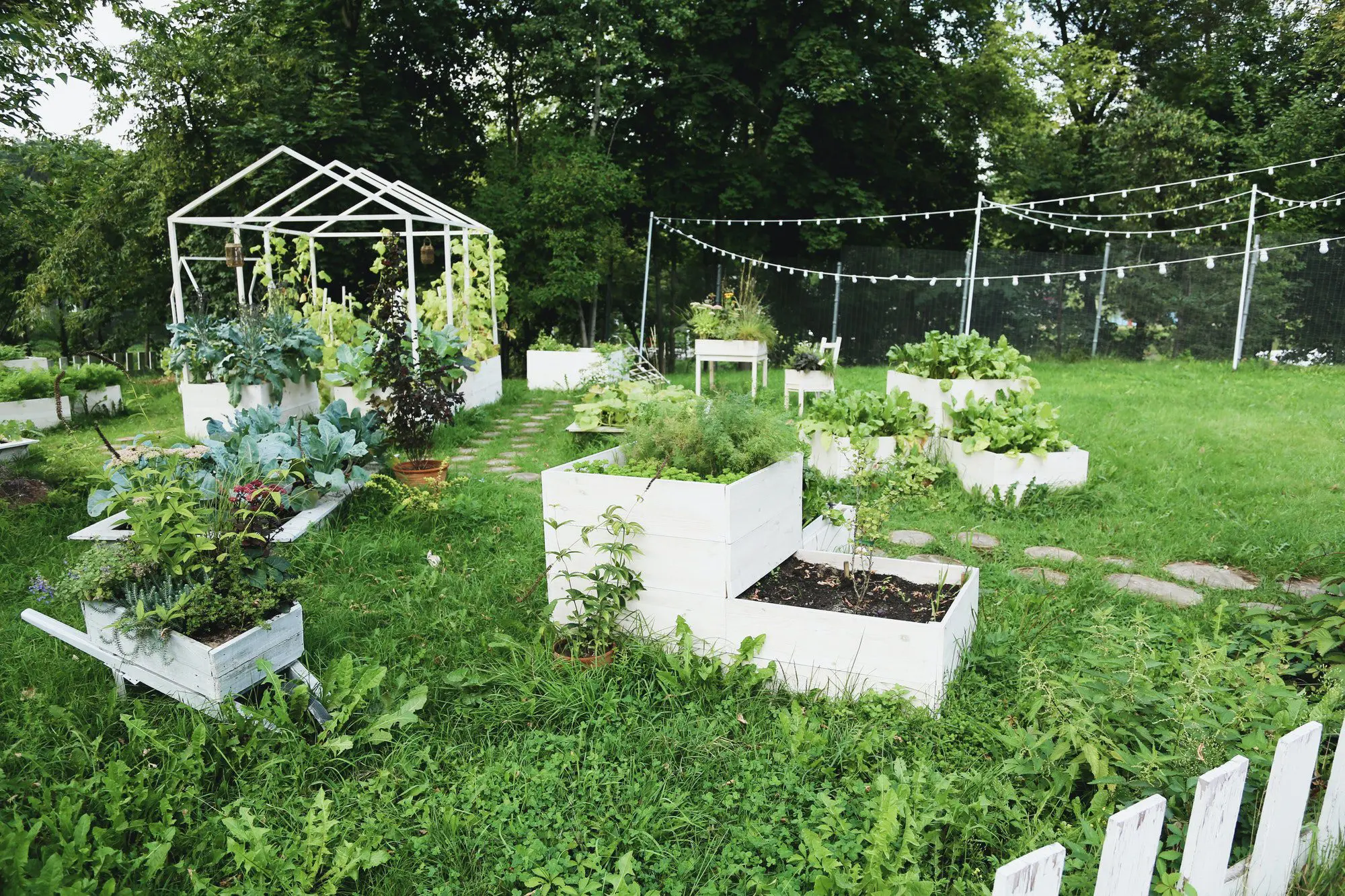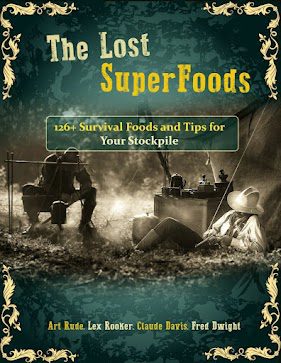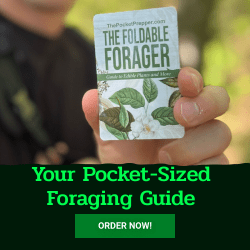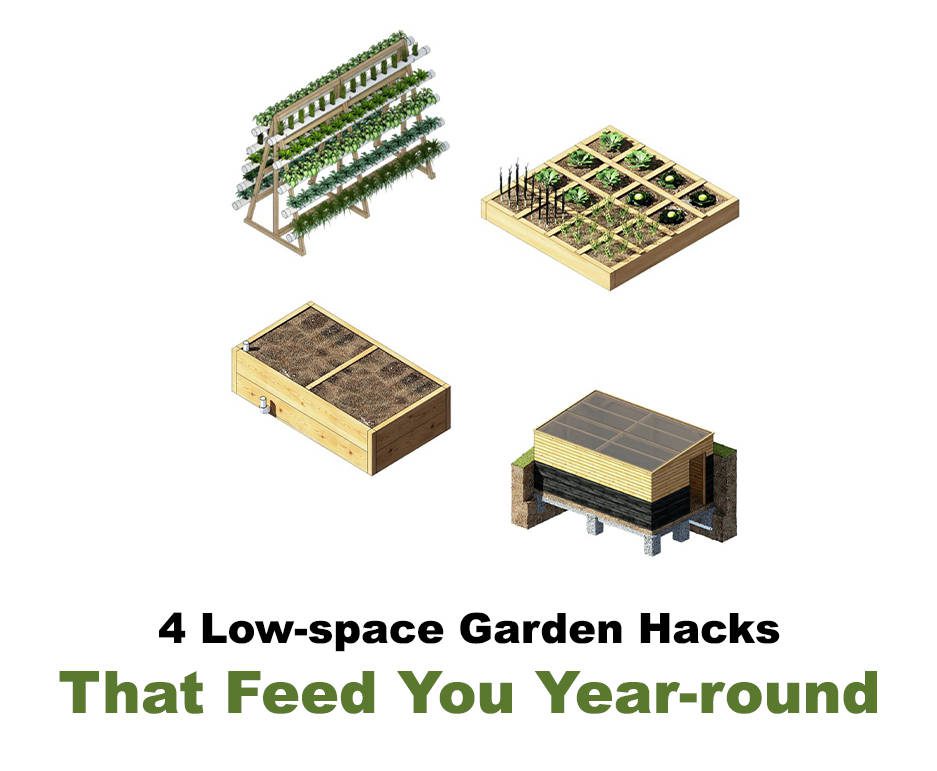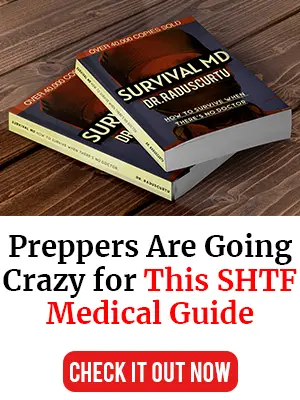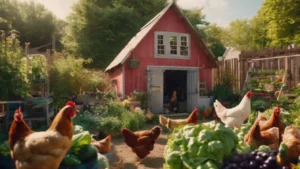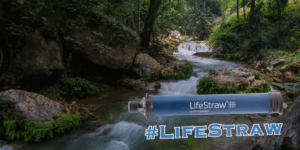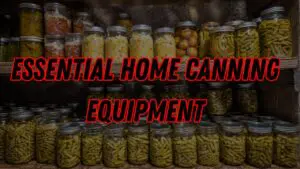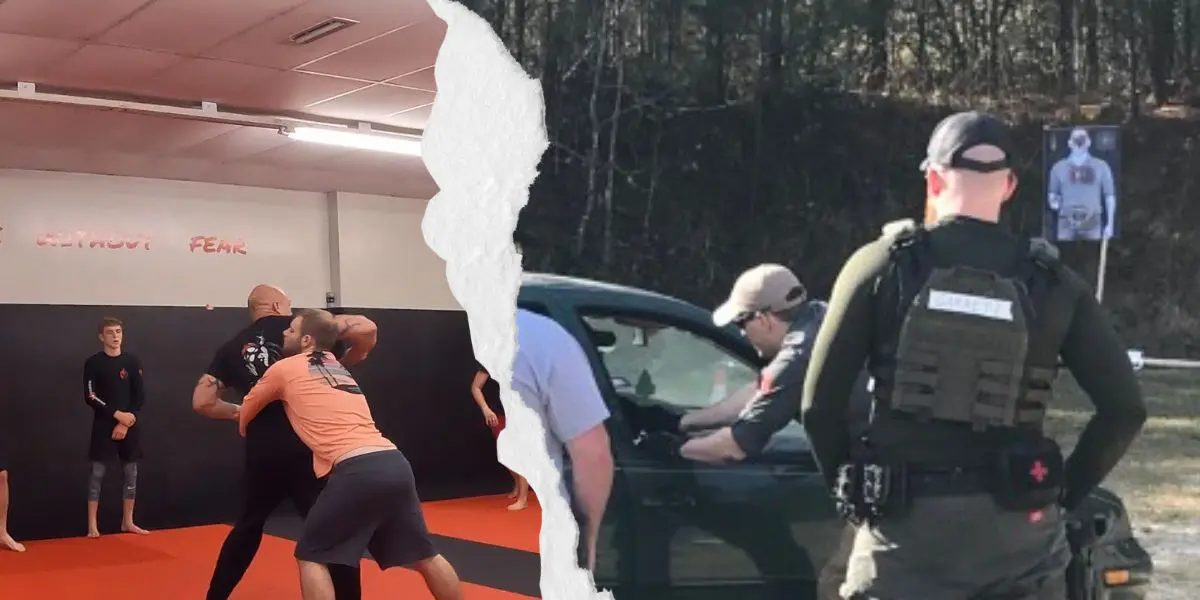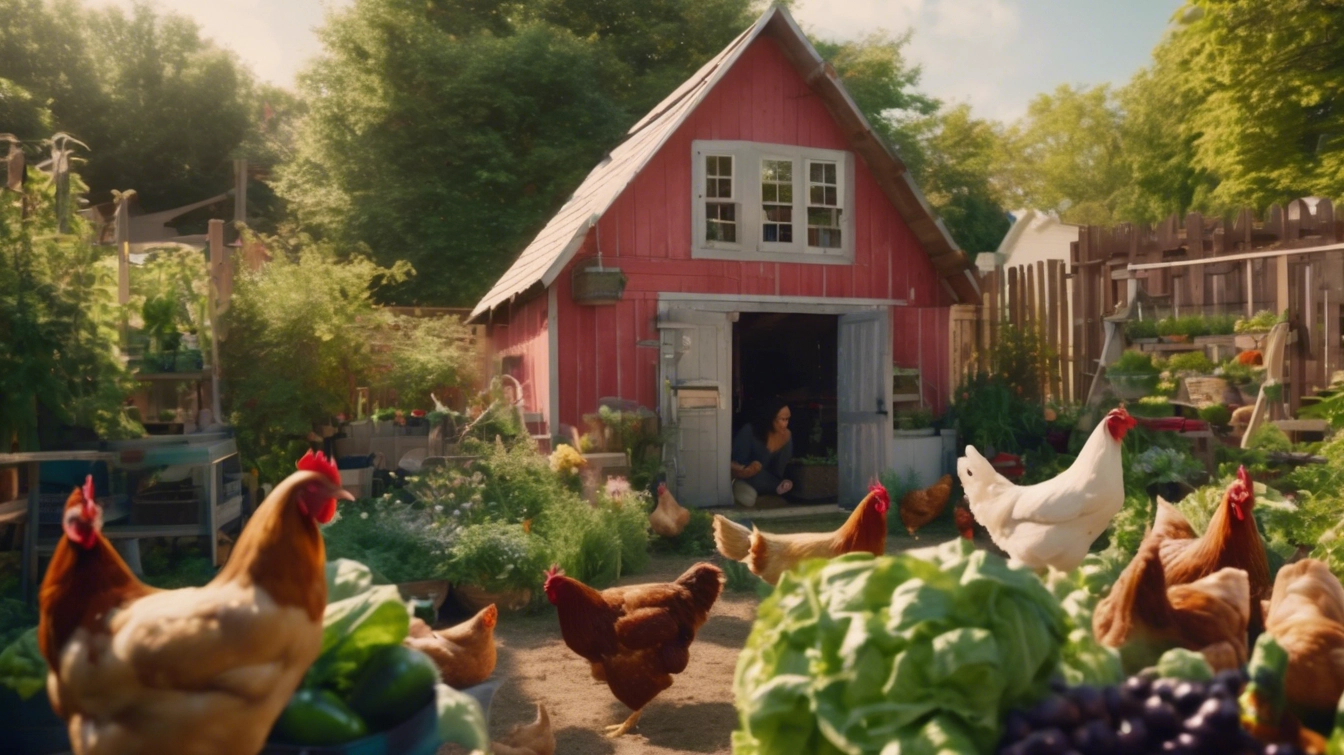There’s nothing worse than working hard to create a beautiful garden only to have it destroyed by typical garden pests. Fortunately, with careful planning and care, you can prevent and treat common pest problems and enjoy your garden.
No matter what type of garden you have, you’ll be faced with pests that want to enjoy your bounty. Whether you’re growing beautiful flowers to view or delicious garden vegetables, you should be prepared to defend your garden.
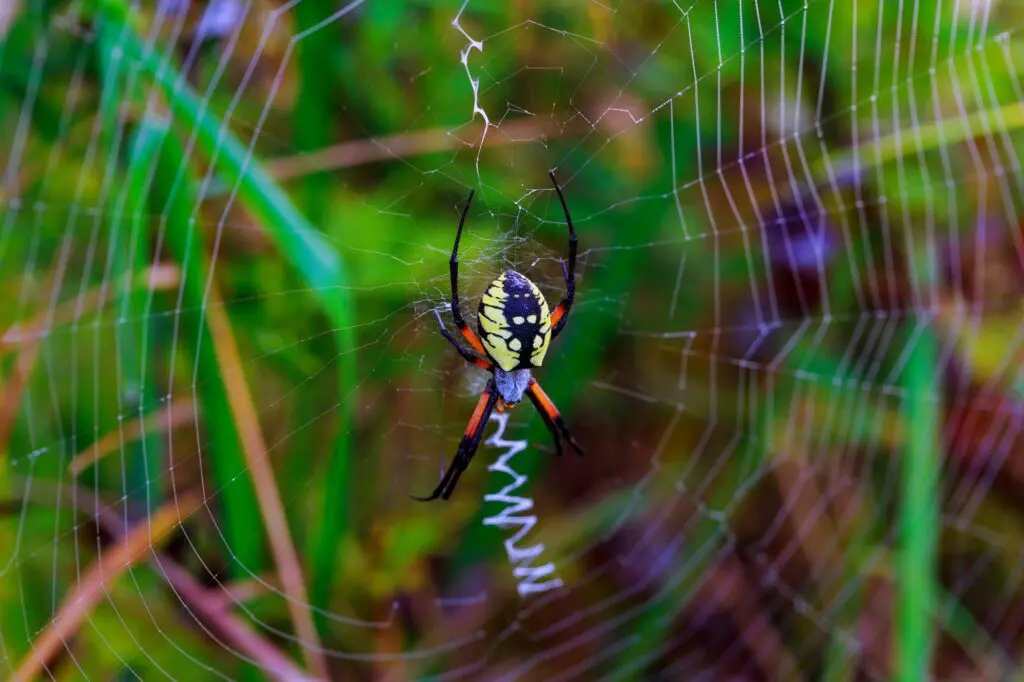
Common Pests Encountered During Self Reliance Gardening
The most common pests for gardens are all kinds of insects. There are thousands of different insects that might attack your garden looking for a free meal. But insects aren’t the only ones who would like to enjoy your work.
Spiders, birds, mice, squirrels, and rabbits are also frequently found eating flowers and food from the garden. The way you handle your pest problem depends on what kind of pest it is.
You also have to deal with weeds that threaten to steal nutrients from your plants and overtake your garden. There’s no garden free from the frustration of opportunistic weeds.
Preventing Insect Infestation
There are many things you can do to prevent an insect infestation in your self reliance gardening endeavor. The best defense is prevention. Make sure you think about this in the early stages of your garden so that you have fewer problems later.
Soil drainage is an important consideration. When soil is allowed to stay too wet for a long period of time, it creates conditions perfect for insect infestation. Insects enjoy a moist place to lay eggs and reproduce.
There are some plants that also keep insects away. Marigolds and basil are among the best choices for keeping your garden bug free. Insects tend to stay away from strong smelling herbs, so make sure you incorporate them into your garden.
Even if you don’t want to grow a vegetable garden, planting herbs between flowering plants can prevent disease. And you get the added benefit of fresh herbs to use in your kitchen.
You can also introduce insects that are beneficial for your garden by allowing them to eat unwanted bugs. Ladybugs are a great introduction to your garden as they feed on aphids and help deter them from taking up residence in your space.
Adding coffee grounds to your soil can help your plants get more nutrients and can deter pests from your garden. Many bugs and animals dislike coffee. Most coffee shops are happy to give coffee grounds away to their customers for use in the garden.
Floating row covers are another method for preventing pests. This is a material that is white and allows light to come through it. You can cover plants with this material to keep insects out.
However, if the plants you’re growing need pollination, a row cover can’t be used for the entire growing season. These are especially good at preventing problems with cabbageworms, potato beetles, and aphids.
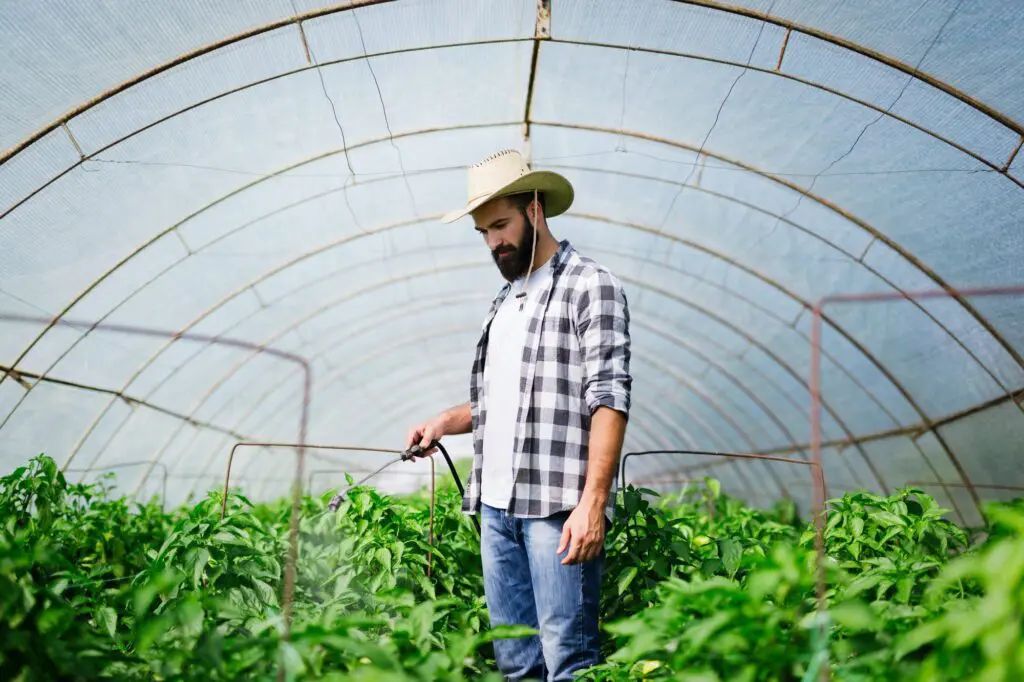
Saying Goodbye to Invading Insects and Spiders
If you’re past the point of being able to prevent insects in your garden, you’ll have to take more steps to get rid of them. If you prefer organic gardening, you can purchase insect-repelling sprays such as garlic or hot pepper spray.
You can also purchase organic pesticides that use organic materials to deter and kill pests. Many people think that organic gardening means not using pesticides. But many organic gardeners do use organic pesticides.
One common pesticide used in self reliance gardening is called Bt, which stands for Bacillus thuringiensis.
This is a bacteria that you can add to your garden that’s harmless for plants, but harmful to insects. It comes in powder and liquid form and can really help eliminate insects that are destroying your plants.
Neem oil is another insecticide and also helps kill fungi and mites. It suffocates insects and acts as a repellent after they’re gone. Neem oil also kills bees, so it’s important to only use it sparingly.
Pyrethrins are another class of organic pesticide. This is a product made from chrysanthemum flowers. It’s a broad spectrum product that works to fight many insects – including aphids, caterpillars, fleas, and fruit flies.
Using organic pesticides ensures that you won’t pass on dangerous chemicals when you grow food. It also protects the environment from toxic chemicals that can make their way into the groundwater.
You can also choose pesticides made from synthetic chemicals. These are used by most commercial farms and end up in the food supply. Not much is understood about the result of pesticide exposure.
Many people feel that these are toxic to humans and can lead to health problems. If you choose to use pesticides for your garden, do it as safely as possible to ensure good health.
When you use pesticides in your garden, they don’t stop there. They can end up in the air, water, and can make their way into your food. Use only synthetic pesticides that are deemed food safe if you’re growing vegetables.
For flowers and ornamental plants, make sure that you don’t come into contact with the pesticide. Wear gloves and a mask during application to make sure you don’t inhale or come into contact with the chemical.
It’s especially important that you keep children away from synthetic pesticides that could get into their system. And if you have pets, keep them out of any areas that contain pesticides to prevent illness and even death.

Handling Larger Pest Problems
There are other pests that can wreak havoc on your garden by eating your plants. Rabbits, deer, and squirrels are the greatest threats to the success of your garden.
Rabbits and squirrels may look cute – but when they start digging up your plants and eating the veggies in your garden, the cuteness fades. The only absolute way to prevent these little furry creatures from getting into your garden is to build a rodent-proof fence.
Having a barrier between your garden and the animals will keep them from eating your plants. But (especially if you have an ornamental garden) a fence doesn’t always fit your needs.
You can spread bloodmeal around your garden to repel critters. Many animals associate the smell of blood with a predator, and bloodmeal is made from dried blood. Using it will cause animals to think twice before going in the garden.
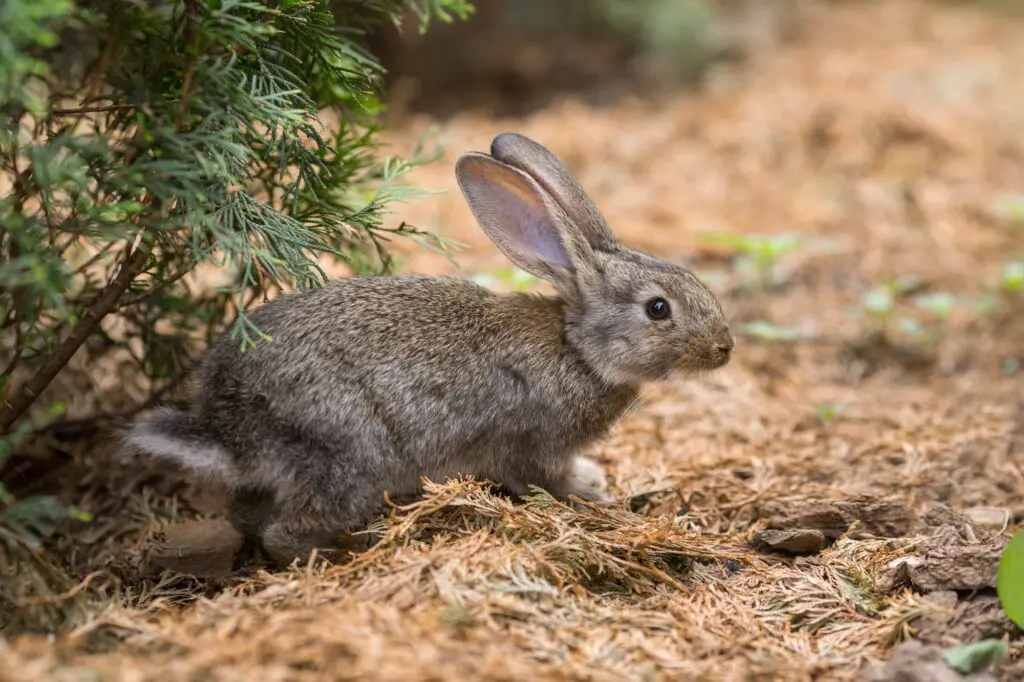
You can also spray the garden with a solution of strong garlic and pepper that will taste bad to the animals if they taste it. Some people also use fox or coyote urine to repel animals.
Believe it or not, you can purchase this in bottles and sprinkle it in the garden.
Animals, even large animals such as deer, will be repelled by the smell because of their survival instincts.
If you’re interested in a more high-tech solution, then you can use a motion sensor sprinkler. This will spray water when it senses motion from an animal. This is an effective and inexpensive way to deal with pests.
Deer are known for disliking strong, perfume smells. One way you can deter them is to place strong smelling soaps in your garden. The fragrance smells good to you, but causes deer to go another direction.
Winning the Battle with Weeds
Weeds are pests in their own right. They can take over an area of your garden and take nutrients from the plants you’re trying to cultivate. But there are several things you can do to handle a weed problem.
One of the easiest things to do is to use a barrier between the soil and a layer of mulch. This blocks out the light source of weeds and keeps them from coming back. You can purchase special paper made for this purpose or use a material such as cardboard.
Pulling weeds when they’re small is also a good way to keep them from getting out of control. You must make sure that you pull weeds from the root or they’ll just grow right back.
There are many products on the market that are designed to kill weeds and prevent them from growing. You can choose organic or synthetic products. Make sure to use care when using an herbicide – it can kill off the plants you want to keep as well.
If you’re growing a vegetable garden, you also need to make sure that the herbicide doesn’t find its way into your food supply. For a vegetable garden, most people stay away from herbicides.
There are some natural ways to get rid of weeds that don’t require harsh synthetic chemicals. One of the most effective is using horticultural vinegar. This is stronger than the vinegar you buy at the grocery store.
Spraying it directly on weeds will cause them to die. If you don’t want to risk the spray hitting other plants, apply it to the leaves of the weeds with a paintbrush or sponge instead of spraying.
Pouring boiling water over weeds will also kill them. This is a great solution for weeds in a sidewalk or driveway. You can also add salt to areas that are overcome with weeds.
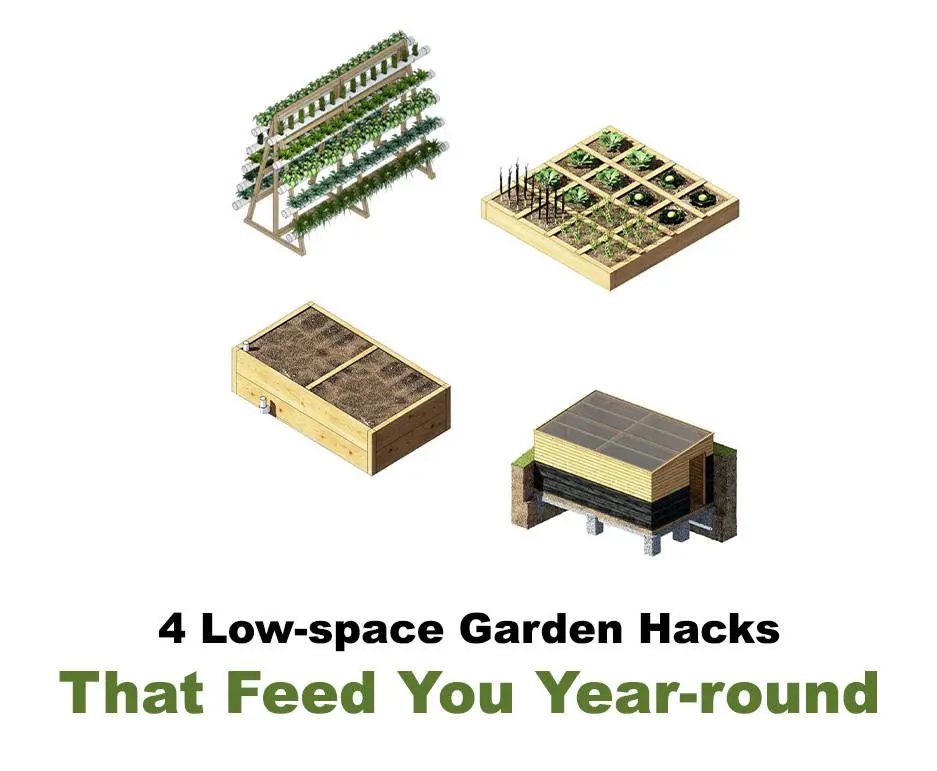
Creating Homemade Sprays and Traps for Pest Control
If you want to make your own safe and natural sprays, it’s easy to do. You’ll be able to create them easily with ingredients you may already have in your home. Here are a few different sprays and what they work against.
Soap Spray
Probably the easiest spray to create at home is made from dish liquid. You can simply add a tablespoon of soap to a gallon of water. Pour it into a spray bottle and apply it to pests.
The soap spray will kill aphids and mites. It works by dissolving the outer shell of the insect, which is necessary for their survival.
Hot Pepper Spray
A favorite among people gardeners who are trying to get rid of mites, hot pepper spray is easy to make. Simply add two tablespoons of hot pepper sauce, such as Tabasco, and a few drops of dish soap to one quart of water.
Let the spray sit overnight for the best effectiveness. This is a spray that irritates insects and causes them to keep away.
Slug Trap
Slugs are common garden pests that threaten your plants. The best way to get rid of them is to trap them. You can create a simple trap by using a pie plate and a beer.
Simply place the pie plate on the ground in the area of the infestation. Pour enough beer to cover the sides of the pie plate about two inches. The slugs will be attracted to the beer and when they go to drink it, they’ll get trapped.
You can also make a slug trap by using a large orange rind or grapefruit rind. Use about half of the rind of a fruit and invert it so that you have a bowl. Add a little water to the bottom. The slugs will be attracted to the citrus, and get trapped.

Pests Can Be Things of the Past
While pests are a normal, natural part of self reliance gardening, you don’t have to live in fear of them or just accept them as unwanted guests. These strategies will help you eliminate pests in the way that works best for you.
The more solutions you try, the more you’ll learn about what will work best in your own garden. You may even find that you stumble upon even more methods that make pest control easier.
Whether you’re growing a vegetable garden or a flower garden, finding the right pest control ensures a successful experience. When you keep pests out of the garden, you’ll have more beautiful flowers and a more bountiful harvest.

